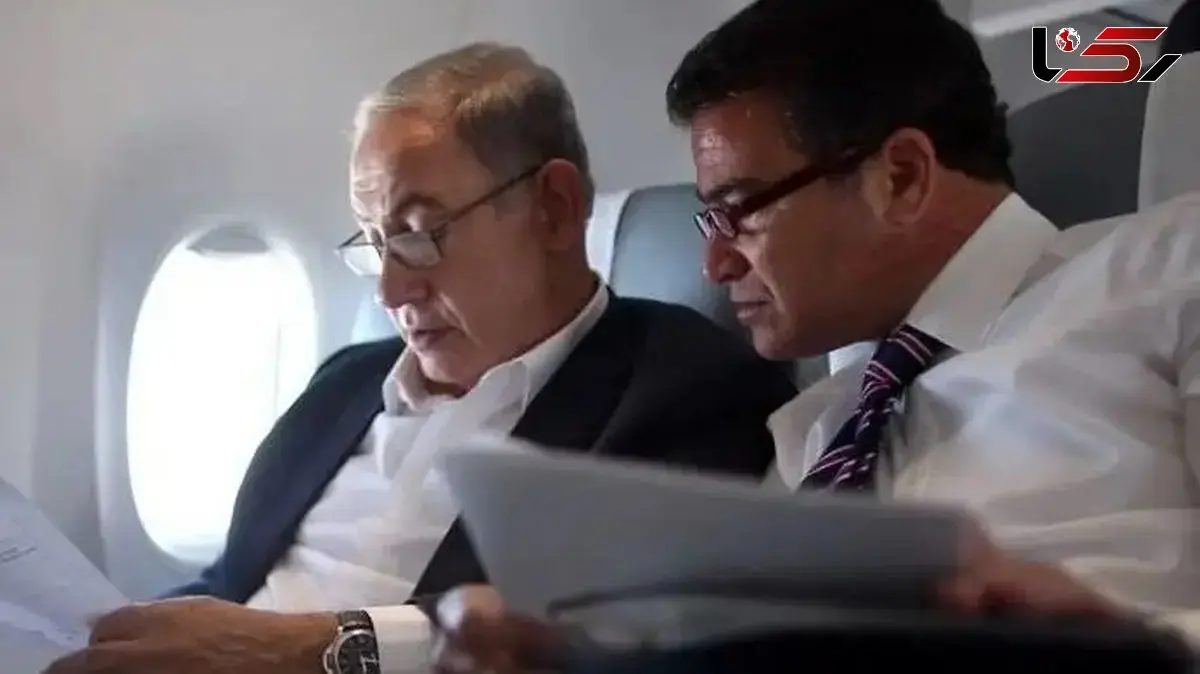Former Mossad Chief Reveals Talks with Putin on Iran and the S-300
Rokna Political Desk: Yossi Cohen, the former head of Israel’s Mossad, has revealed in his memoir details of high-level negotiations with Russian President Vladimir Putin concerning Iran, the transfer of weapons to Hezbollah, and the establishment of a “red contact line” between Russia and Israel to coordinate military operations.

In his memoir, Cohen wrote: “I went to the Kremlin to explain in detail how, why, and for what reason we were compelled to target that route, because the weapons moving along it would eventually reach the Islamic Revolutionary Guard Corps inside Syria and then Hezbollah in Lebanon.”
He continued: “Putin followed my reasoning and proposed that the deputy chiefs of staff of both governments establish a ‘red contact line’ between them, to be used whenever we intended to carry out an attack. He gave his consent for this coordination.”
According to Cohen, that approval was crucial for striking targets linked to Putin’s partners in Iraq and Syria, as the Russians possess S-300 and S-400 air defense systems capable of shooting down aircraft flying within a 30-kilometer range or at altitudes of up to 98,000 feet. “We cannot risk our beautiful F-35 aircraft—supplied to us by the Americans—so we must not hesitate to defend our interests,” he added.
Cohen described the Russians as “tough negotiators,” recalling his talks with Russian Foreign Minister Sergey Lavrov, who has held the position for nearly two decades. “We worked very hard to ensure that those arrangements were not disrupted. However, once a certain level of trust was established, the atmosphere allowed for intelligent and productive maneuvering,” he said.
“As the Prime Minister’s special envoy to the Kremlin, I cooperated with Putin on various matters and found him to be an excellent listener, a precise negotiator, and a sharp and agile thinker,” Cohen wrote.
“Regardless of the complexity of any situation, he always displayed calmness, breadth of vision, and the insight necessary to consider issues from every possible angle and to reach solutions that were, quite remarkably, simple and effective.”
“He carried out a series of calculated moves and complementary actions to achieve shared objectives—things I still remember vividly,” Cohen noted.
He also expressed his continued belief that Saudi Arabia will emerge as Israel’s most important partner in the Middle East.
“The kingdom’s relationship with Russia dates back to before the establishment of the current Saudi state, when it was known as the Kingdom of Hejaz and the Sultanate of Nejd,” Cohen wrote.
“In 1926—six years before the formal establishment of the Saudi state—the Soviet Union became the first country to establish diplomatic relations with it, largely as a counterbalance to British influence.”
Send Comments